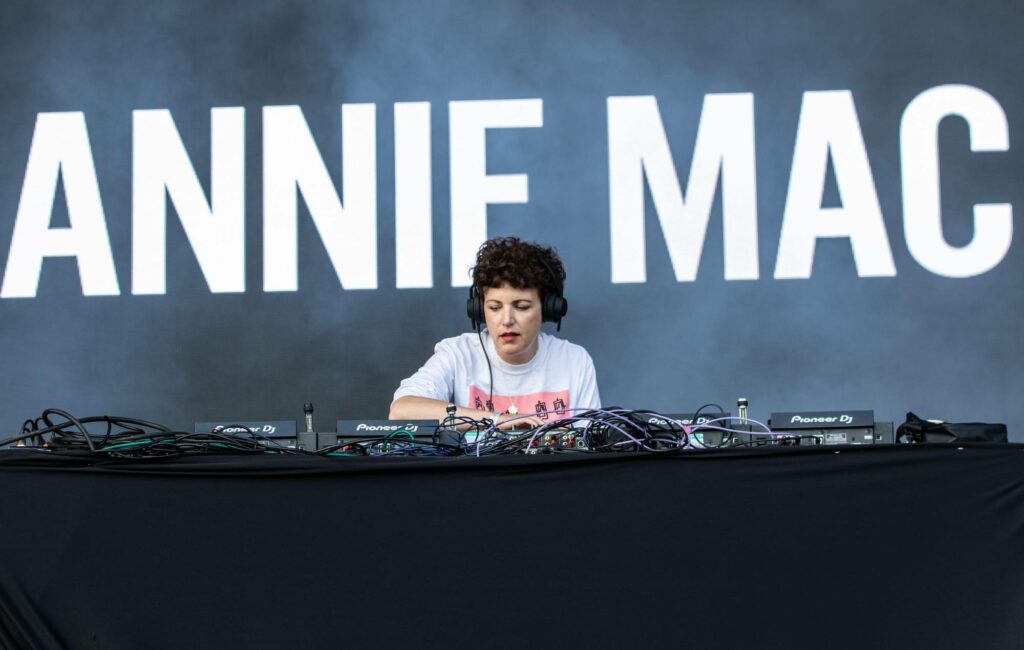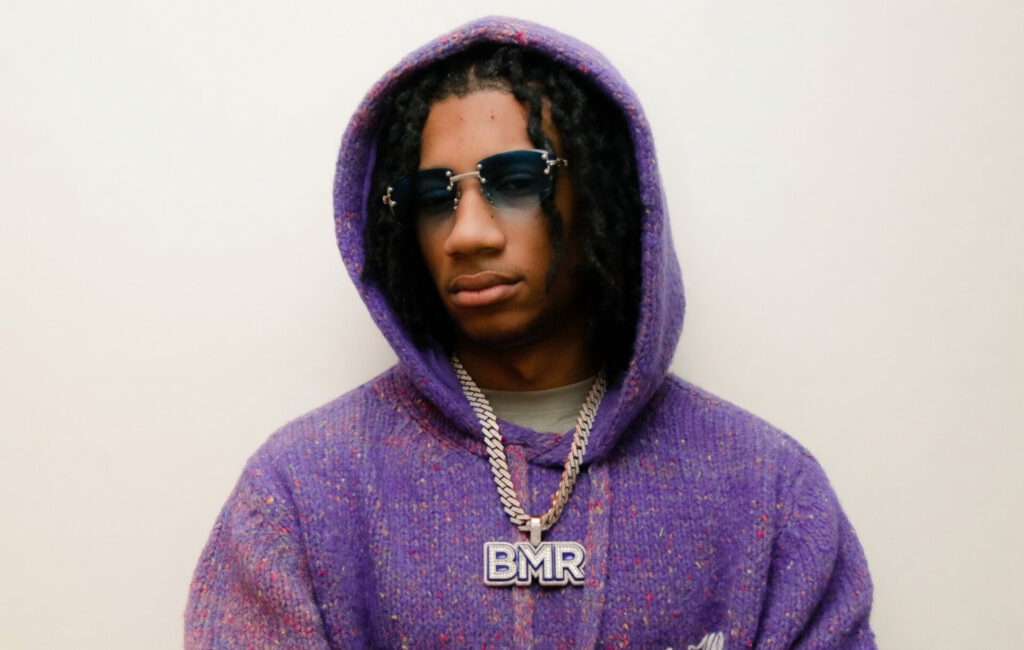MPs and DJs back campaign to oppose rap lyrics being used as evidence in criminal trials
The new Art Not Evidence campaign is being supported by MPs Nadia Whittome and Kim Johnson alongside the likes of Annie Mac.

MPs and figures from the entertainment industry have backed a new campaign which opposes rap lyrics being used as evidence in criminal trials.
The Art Not Evidence campaign is being supported by Baroness Shami Chakrabarti, Labour MPs Nadia Whittome and Kim Johnson, DJ and broadcaster Annie Mac and more. It aims to change how lyrics can be used in criminal proceedings in the UK.
Speaking after new research from the University of Manchester revealed that 240 people have had their music and lyrics used against them in UK courts over the last three years, Whittome told The Guardian: “Imagine that you’re taken to court for a crime you didn’t commit, and as evidence, the prosecutors play a completely unrelated song that you wrote with your friends in an attempt to show criminal intent or behaviour.
“This is the kind of thing that’s happening. I love rap, especially grime. It’s a huge part of our culture enjoyed by so many people, so it feels particularly unfair that it is being used indiscriminately in court … it’s a practice that relies on racist stereotypes and it risks miscarriages of justice.”
High profile instances of this kind of evidence being used include cases concerning the rapper Digga D, who has been handed a criminal behaviour order that stops him from referring to a number of names and locations in his music.

Art Not Evidence, which was started in 2022 by music industry professionals, lawyers and academics, have launched a new open letter that has been signed by Annie Mac, a number of MPs and more.
Barrister Keir Monteith, a founder of the campaign, added: “Almost a decade ago I was in a murder case. The prosecution had forensics, CCTV, witnesses, photographs. Then, midway through the trial they presented a further statement from a police officer from the case and it was about my client’s alleged rapping and how he was presented in a video. I nearly fell off my chair.
“As a criminal barrister, I couldn’t believe that prosecution in a murder case was relying on music … rap is music, it’s lyrics, it’s freedom of speech. It’s art and not evidence. In a murder case, we should be focusing on forensics, eyewitnesses, on CCTV.”
In a Rolling Stone UK feature from 2022, Tara Joshi investigated the rise of rap lyrics being used as evidence, writing: “The vilification of drill is a further symptom of this country’s institutional racism and classism. As Dr Lambros Fatsis, senior lecturer in criminology at the University of Brighton, suggested in his Policing the beats paper, policing UK drill helps the state to exclude those who it deems undesirable or undeserving of its protection, with even supposedly ‘progressive’ powers turning their heads.”
